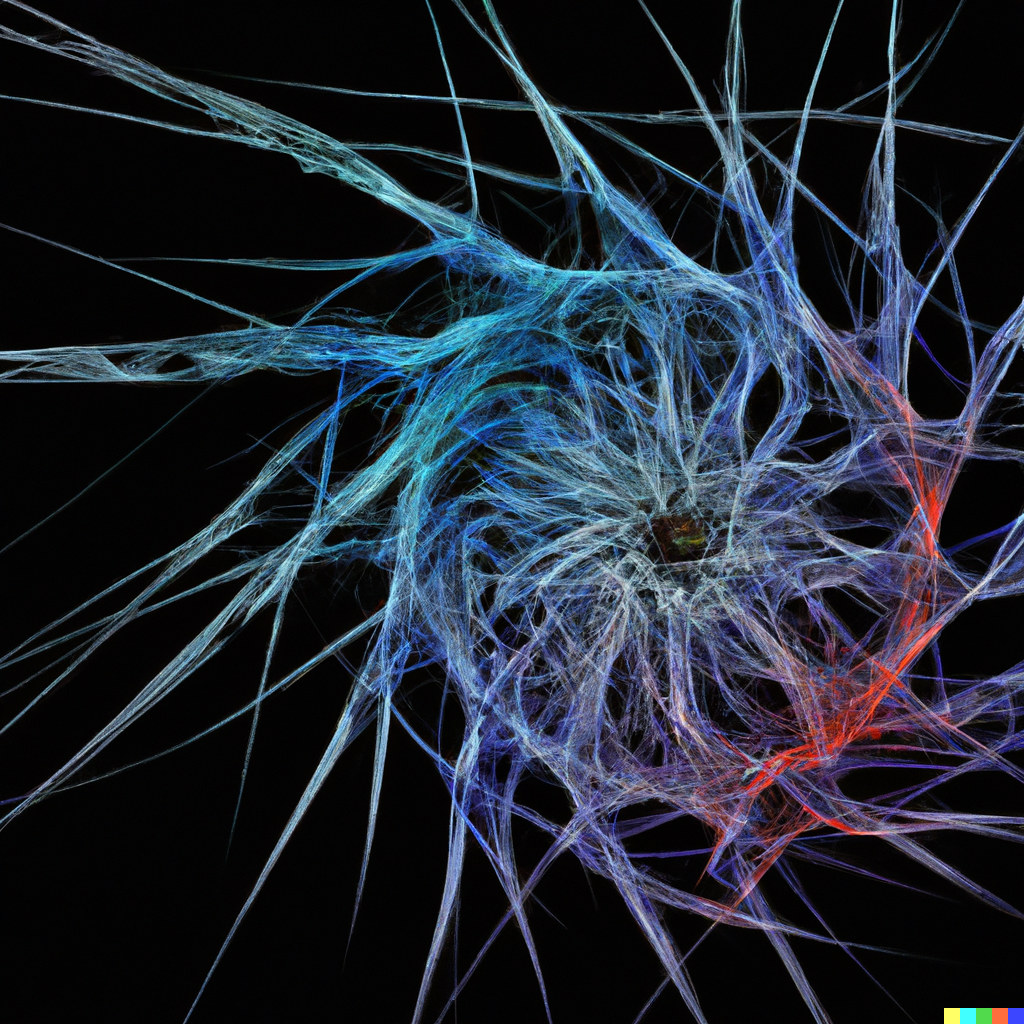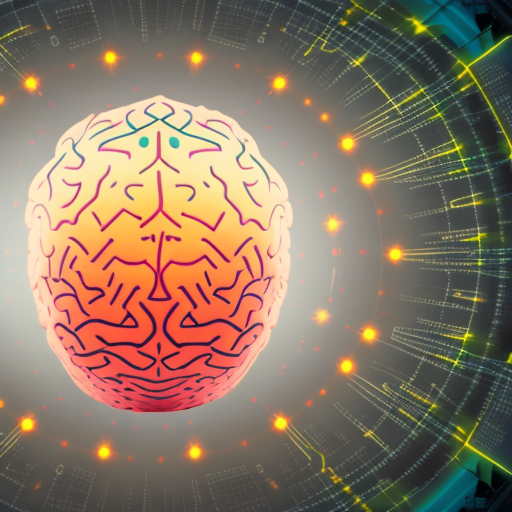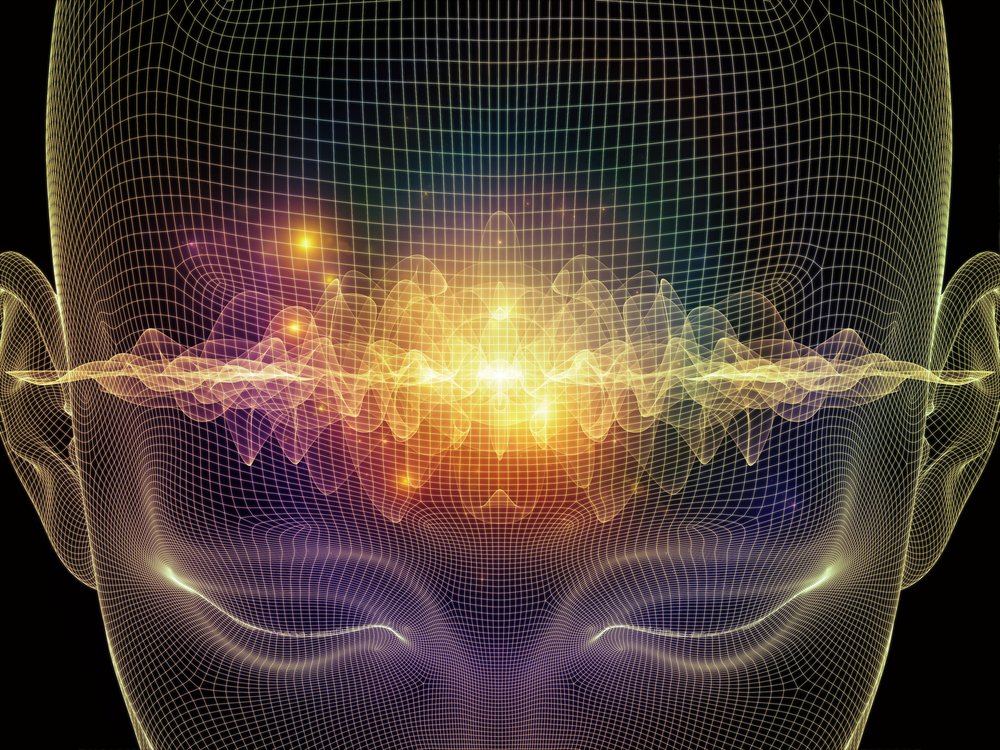
Blog about Matter and Science
Bridging the Gap: Understanding the Intricate Interplay Between Body and Mind for a Healthier You
The concept of the body and mind connection has been around for centuries, with ancient civilizations recognizing the importance of the balance between physical and mental health for overall well-being. However, only in recent years that modern science has begun to embrace this idea, validating the interconnectedness of our mental and physical selves.
The mind-body connection refers to the relationship between our thoughts, emotions, beliefs, and attitudes with our physical body. It asserts that our mental state can directly affect our physical health and vice versa. Understanding this interplay is essential for achieving optimal health and wellness, as neglecting one aspect can be detrimental to the other.
In this article, we will explore the science behind the mind-body connection, how emotions affect our physical health, the role of stress, and various techniques to strengthen the bond. Additionally, we will delve into the impact of exercise, mindfulness practices, and nutrition on mental and physical health. Finally, we will discuss the benefits of a holistic approach to health and wellness and how embracing the interplay between body, and mind can lead to a healthier you.
The science behind the mind-body connection
The mind and body connection is rooted in the field of psychoneuroimmunology, which studies the interactions between the brain, nervous system, and immune system. This discipline has shed light on how our thoughts and emotions can influence our immune response, making us more susceptible to illness or helping us heal.
One of the key players in this connection is the autonomic nervous system (ANS). The ANS regulates many of our body's processes, such as heart rate, digestion, and stress response. It is divided into two branches: the sympathetic nervous system (SNS), which triggers the "fight, flight or freeze" response, and the parasympathetic nervous system (PNS), responsible for the "rest and digest" mode.
When we experience stress or strong emotions, the SNS is activated, releasing stress hormones like cortisol and adrenaline. While this response is essential for survival, chronic activation can lead to various health issues, including inflammation, impaired immune function, and mental health disorders.
Conversely, when the PNS is dominant, our body can focus on healing and regeneration, improving our overall health. By fostering a healthy mind-body connection, we can help regulate our ANS, minimizing the negative impacts of chronic stress and promoting well-being.
How emotions affect physical health
Our emotions play a significant role in the mind-body connection. Elevated emotions like happiness, love, and gratitude have been shown to boost our immune system, reduce inflammation, and promote healing. On the other hand, negative emotions like anger, fear, and sadness can contribute to various physical health issues.
For instance, chronic anger has been linked to an increased risk of heart disease, while chronic stress can lead to weight gain, digestive issues, and even cognitive decline. Furthermore, depression and anxiety have been associated with a higher risk for chronic pain, autoimmune disorders, and other physical health problems.
By becoming more aware of our emotions and learning to manage them effectively, we can positively impact our physical health and well-being. Therapy, meditation, and journaling can help us process our emotions and develop healthier coping mechanisms.
The role of stress in the mind-body connection
Stress is an inevitable part of life, and it can significantly impact the mind-body connection. When we experience stress, our body releases hormones like cortisol and adrenaline, which can have both short-term and long-term effects on our health.
In the short term, stress can cause muscle tension, headaches, and digestive issues. Over time, chronic stress can lead to more severe health problems, such as heart disease, diabetes, and mental health disorders. The key to managing stress and maintaining a healthy mind-body connection is learning how to cope with stress in a healthy way.
Techniques to strengthen the mind-body connection
There are various techniques that can help strengthen the mind-body connection and improve our overall health and well-being. These strategies foster relaxation, reduce stress, and promote positive emotions.
- Deep breathing exercises: Deep, diaphragmatic breathing can help activate the PNS, promoting relaxation and reducing stress. Try inhaling deeply through your nose for a count of four, holding your breath for a count of four, and then exhaling slowly for a count of four.
- Progressive muscle relaxation: This technique involves tensing and relaxing various muscle groups throughout the body. Start with your toes and work your way up, gradually releasing tension and promoting relaxation.
- Visualization: We can evoke positive emotions and reduce stress by creating mental images of peaceful, calming scenes or experiences. Try to engage all your senses, imagining the sights, sounds, smells, and feelings associated with your chosen scene.
- Meditation: Regular meditation can help cultivate mindfulness, reduce stress, and promote well-being. There are many different forms of meditation, such as mindfulness, loving-kindness, and body scan meditation.
- Yoga and tai chi: These practices combine physical movement with mindful awareness, helping to strengthen the mind-body connection, improve flexibility and balance, and reduce stress.
The impact of exercise on mental health
Exercise is not only crucial for maintaining physical health but also plays a significant role in supporting mental well-being. Regular physical activity has been shown to reduce symptoms of depression and anxiety, improve mood, and boost cognitive function.
The mind-body connection is particularly evident in the relationship between exercise and mental health. When we engage in physical activity, our body releases endorphins, which are natural mood elevators. Exercise also helps regulate our stress response, reducing the negative impacts of chronic stress on our health.
Additionally, engaging in regular physical activity can improve our self-esteem, promote better sleep, and provide a sense of accomplishment. By incorporating exercise into our daily routine, we can support our physical and mental health and strengthen the mind-body connection.
Mindfulness practices for a healthier mind and body
Mindfulness is a powerful tool for fostering a healthy mind-body connection. It involves paying attention to our thoughts, feelings, and physical sensations in a non-judgmental way, allowing us to become more aware of our inner experiences and how they impact our well-being.
Practicing mindfulness can help reduce stress, improve mental health, and promote overall well-being. Some mindfulness practices that can support a healthier mind and body include:
- Mindful breathing: Focusing on the breath is a simple yet effective way to cultivate mindfulness. Pay attention to the sensation of your breath as it enters and exits your body, gently bringing your focus back to the breath whenever your mind wanders.
- Body scan meditation: This practice involves systematically bringing awareness to each part of your body, observing any sensations or tension without judgment. By becoming more attuned to our physical sensations, we can better understand the interplay between our mind and body.
- Mindful eating: Eating mindfully involves paying close attention to the tastes, textures, and smells of our food, as well as our body's hunger and fullness cues. This practice can help improve digestion, reduce overeating, and foster a healthier relationship with food.
- Mindful movement: Incorporating mindfulness into physical activities, such as yoga or tai chi, can help strengthen the mind-body connection and promote overall well-being.
The role of nutrition in the mind-body connection
Nutrition plays a crucial role in the mind-body connection, as the food we consume directly impacts our physical and mental health. A well-balanced diet can help support brain function, regulate mood, and reduce inflammation, while a poor diet can contribute to mental health issues, fatigue, and chronic illness.
Some key nutritional factors that influence the mind-body connection include:
- Omega-3 fatty acids: Found in fatty fish, nuts, and seeds, omega-3s are essential for brain health and have been shown to help reduce symptoms of depression and anxiety.
- Vitamins and minerals: Various vitamins and minerals, such as B vitamins, vitamin D, and magnesium, are crucial for maintaining mental health and supporting the mind-body connection.
- Probiotics: These beneficial bacteria, found in foods like yogurt, kefir, and fermented vegetables, can help support a healthy gut microbiome, which has been linked to improved mental health and well-being.
- Antioxidants: Foods rich in antioxidants, such as fruits and vegetables, can help reduce inflammation and oxidative stress, promoting overall health and well-being.
On the other hand, a diet high in processed foods, sugar, and unhealthy fats can negatively impact both physical and mental health. These foods can contribute to inflammation, poor gut health, and mood imbalances.
By focusing on whole, nutrient-dense foods and avoiding highly processed and sugary foods, we can support our physical and mental health and strengthen the mind-body connection.
The benefits of a holistic approach to health and wellness
Taking a holistic approach to health and wellness means focusing on the whole person rather than just specific symptoms or conditions. This approach recognizes the interconnectedness of our physical, mental, emotional, and spiritual selves, and the importance of addressing all of these aspects for optimal health.
A holistic approach to health and wellness can help us:
- Reduce stress and anxiety: By addressing the root causes of stress and anxiety, such as poor nutrition or lack of sleep, we can reduce their impacts on our physical and mental health.
- Improve physical health: By focusing on whole, nutrient-dense foods, regular exercise, and stress management techniques, we can improve our physical health and reduce the risk of chronic illness.
- Support mental health: By fostering positive emotions, practicing mindfulness, and seeking support when needed, we can support our mental health and well-being.
- Promote overall well-being: By taking a holistic approach to our health, we can cultivate a sense of purpose, connection, and fulfillment, promoting overall well-being.
Maintaining the balance between movement and stillness is the key to yoga
Conclusion: Embracing the interplay between body and mind for optimal health
The mind-body connection is a powerful concept that recognizes the intricate interplay between our mental and physical selves. Understanding this connection and embracing a holistic approach to health and wellness can support our overall well-being and achieve optimal health.
By incorporating techniques such as deep breathing, progressive muscle relaxation, and mindfulness practices, we can strengthen the mind-body connection and reduce the impacts of chronic stress on our health. Additionally, engaging in regular physical activity, eating a healthy diet, and seeking support when needed can support our physical and mental health.
Ultimately, by embracing the interplay between body and mind and taking a holistic approach to our health, we can cultivate a sense of purpose, connection, and fulfillment, promoting optimal health and well-being.
CTA: Start incorporating some of these techniques into your daily routine to strengthen your own mind-body connection and support your overall health and well-being.




Leave A Comments
Your email address will not be published. Required fields are marked *